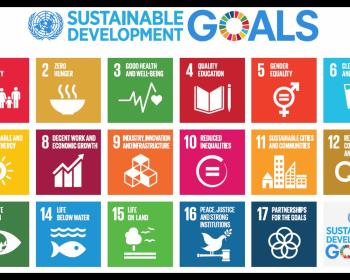
Cultural Survival is approaching our 50th anniversary in 2022! We have launched a new annual Giving Day, culminating on June 1, our founding date. We are celebrating five decades of work supporting Indigenous Peoples’ rights and resilience and want to personally thank our donors who have made this work possible.
Claudia Patricia Gomez Gonzalez was shot and killed by border patrol after crossing the border in Laredo, Texas on May 23, 2018. The border patrol agent who fired the shot fatally wounding Gomez Gonzalez remains on administrative leave.
Cultural Survival, together with the International Indian Treaty Council, is hosting a convening of Indigenous scientists and knowledge holders along with western scientists to discuss climate change, its affects on Indigenous communities' food sovereignty and ways of life, and policy-making at the international level.
FOR IMMEDIATE RELEASE
Contact: Jess Cherofsky // 617.441.5400 x 15 // jess@cs.org
Scents and Patterns of Madagascar and Peru Travel to Tiverton
Cultural Survival Bazaar draws art, makers, and music from dozens of cultures